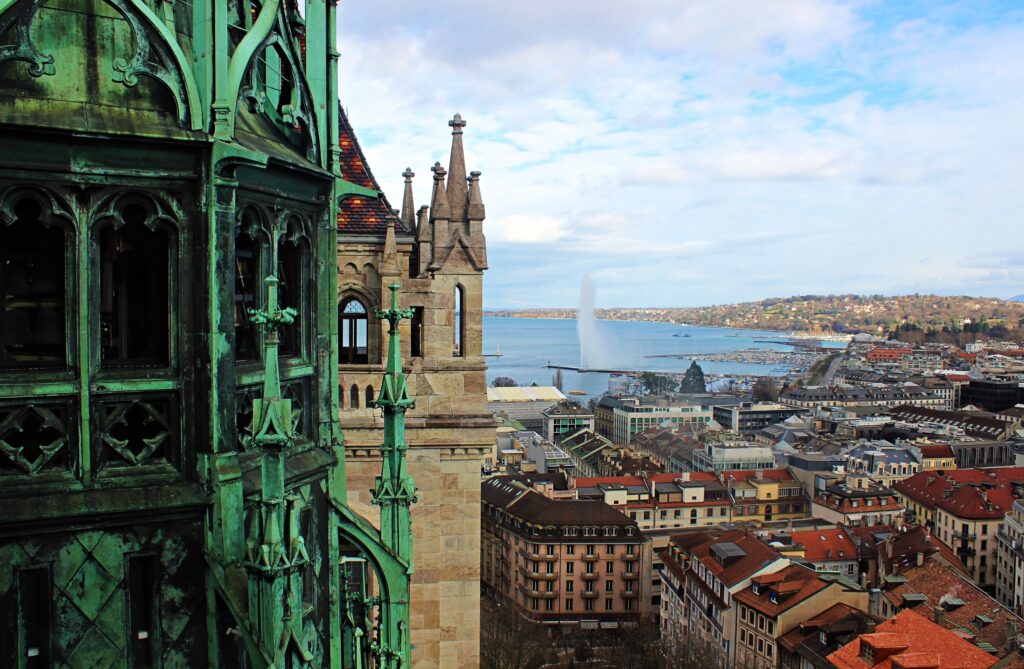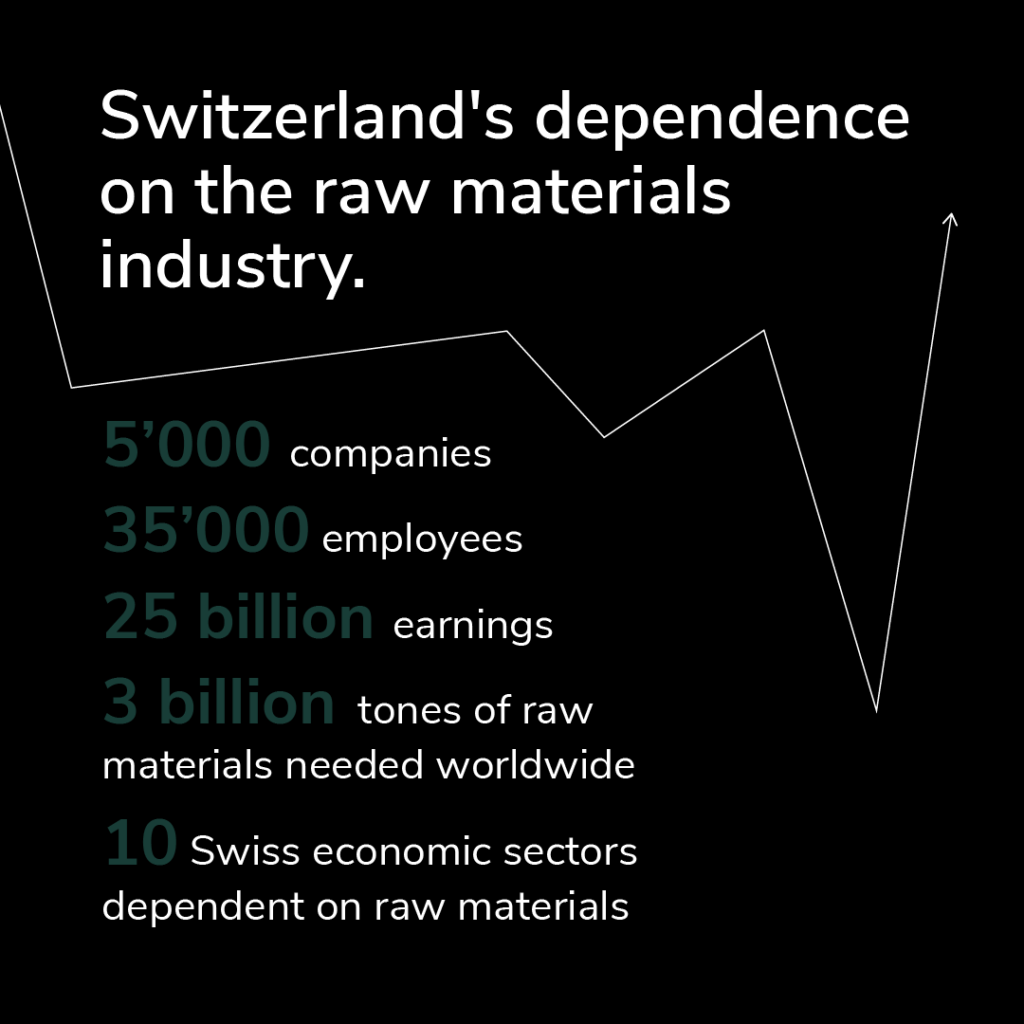Why many people’s daily lives would not be the same without Switzerland?
Accessing all the resources Earth has to offer seems trickier those days! The headlines surrounding us right now make for an excellent reason to explore the underbelly of Switzerland’s economy.
Before we start our journey, let’s clarify our intentions: Our approach is purely economic and informative. We share facts to support better discussions during Sunday brunch!
On the surface, Switzerland is an unsuspecting commodities player. Our country isn’t known for any abundance of raw materials like oil, metals, minerals, or agricultural products like sugar or cotton. And yet… the impact of current world events on the commodity market is extraordinarily relevant to Switzerland’s economy.
To put some numbers behind it, we handle approximately 45% of the world’s oil trade, 60% of metals, 55% of coffee, and 60% of grains.
Over the past few hundred years, Switzerland has quietly established itself as the world’s commodity hub, (sometimes at the price of scandals we would all like to forget). According to official sources, we facilitate the trade of more raw materials and primary products than any other nation!
To put some numbers behind it, we handle approximately 45% of the world’s oil trade, 60% of metals, 55% of coffee, and 60% of grains. Precious metals and gemstones account for over 20% of exports and imports. Remove Swiss-based commodity trading companies from the surface of the earth and it is safe to say that the daily lives of many people worldwide wouldn’t be the same, starting with their breakfast!
An almost maritime nation
The reason these numbers might come as a shock is that the majority of these goods, with the exception of gold, don’t physically pass through Swiss territory. Swiss companies facilitate their trade around the world: from their exchange and financing to their transformation to their shipping. Because of the latter Switzerland has almost become a maritime nation: our commercially operated fleet is comparable in terms of size to the one of the UK or Norway.

This status as the number one commodities-trading hub is reflected in our economy. If we asked you to guess which Swiss companies are the biggest revenue earners, we bet Glencore, Vitol, and Trafigura –all commodity traders!– are not the first names that would come to your mind.
So, with few commodities of our own… How do you think Switzerland became the number one trade facilitator?
This answer is a little less surprising. It’s our financial infrastructure and the trade agreements with a range of nations that make us so reliable in the trading arena. And also the vision of a few pioneers like Henri Nestlé and the Volckart brothers in the 19th century.

A golden ticket or a curse?
Today we find ourselves holding a double-edged sword. On one hand, the efficiencies and reliability offered by our trade agreements, financial capabilities, and logistics are a ticket to competitive advantage in the commodity market. At the same time, we find ourselves particularly vulnerable to global events. Policy changes, ethical debates, and conflicts all put pressure on the sector.
Could Switzerland find a way to remain a world-trusted trading partner while leading the future generation to the greener world they deserve?
It’s up to us. As citizens, consumers, investors, and innovators, we all have our say. Give it some thought while you finish sipping that delicious (Swiss-traded) coffee.
Disclaimer:
The content of any publication on this website is for informational purposes only.




